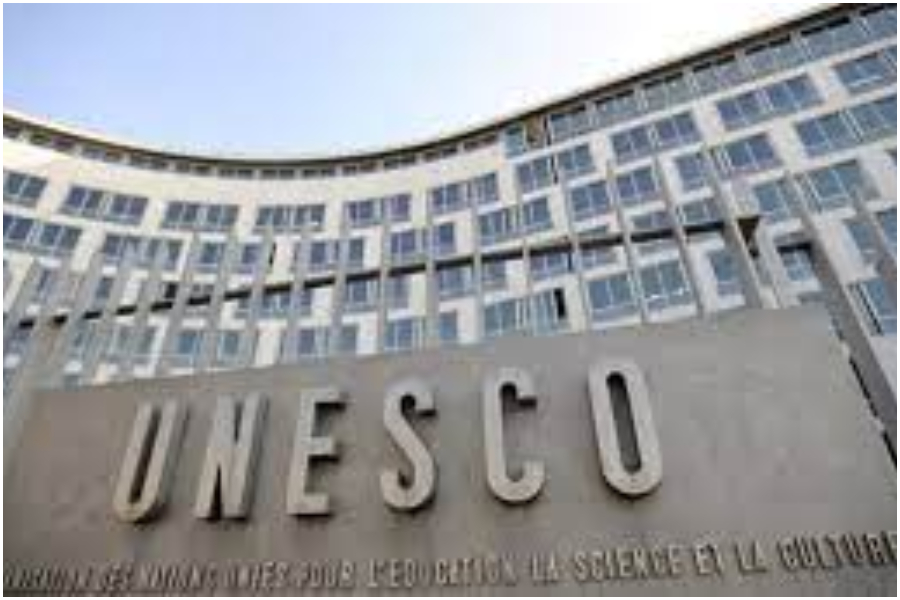Nigeria has been called by UNESCO to forward a list of its traditional cuisines for consideration for inscription as intangible heritage.
The Assistant Director-General Communication and Information UNESCO, Dr Tawfik Jelassi, made the call at a dinner on Monday night to welcome participants to the Global Media and Information Literacy Week in Abuja.
According to the News Agency of Nigeria (NAN), the week-long event is being attended by 193 UNESCO member countries physically and virtually, with the theme: “Nurturing Trust: A Media and Information Literacy Imperative’’
Jelassi, while speaking at the dinner, said he was wowed by the amazing cuisines, particularly the traditional menu and enthralled by the traditional dances that complement it.
He also added that some Nigerian traditional cuisines are qualified for inscription into UNESCO list of intangible heritage and a step should be taken in achieving that.
Jelassi particularly referred to a traditional Itsekiri soup, though not on the menu list, “Egbele Koko miyo’’, he said that he was made to understand that it was an irresistible delicacy prepared to stop a man from cheating on his wife.
“Egbele Koko miyo’’ in Itsekiri language means “A cock can never reject maize seeds”.
Furthermore, Jelassi called on Hajia Hajo Sanni, Nigeria Permanent Representative to UNESCO, to take a step in submitting some of the traditional cuisines for consideration for listing as intangible cultural heritage.
Jelassi said just a day in the country, he had seen Nigeria at its best and “its diversity is the source of its enrichment’’.
According to UNESCO, the intangible cultural heritage is a practice, representation, expression, knowledge, or skill considered to be part of a place’s cultural heritage.
Some examples of intangible cultural heritage include: community gatherings, oral traditions, songs, knowledge of natural spaces, healing traditions, and foods.
Others are holidays, beliefs, cultural practices, and skills of making handicrafts, methods of agriculture and cattle breeding, traditional navigation skills, as well as cooking skills.
